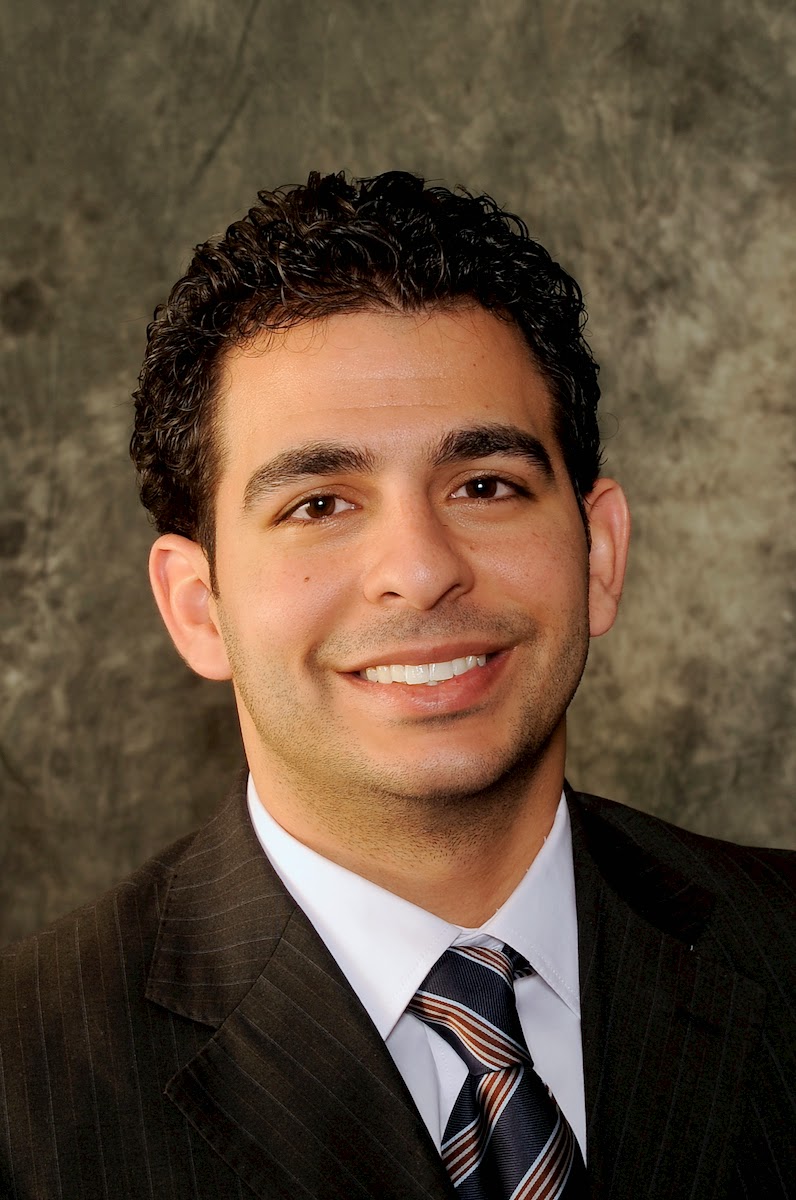Taste Loss: Could It Be a Dental Problem?
Taste Loss: Could It Be a Dental Problem?
Most adults know that poor oral hygiene results in cavities and gum disease, but
did you know that it can also cause taste loss? From salty to sweet, spicy to savory –
failing to take proper care of your mouth can impede your ability to taste and enjoy
just about any type of food set before you. Dentists call this condition "dysguesia",
and if you haven't heard about it, here's what you should be aware of to prevent
and/or treat this unpleasant taste disorder.
did you know that it can also cause taste loss? From salty to sweet, spicy to savory –
failing to take proper care of your mouth can impede your ability to taste and enjoy
just about any type of food set before you. Dentists call this condition "dysguesia",
and if you haven't heard about it, here's what you should be aware of to prevent
and/or treat this unpleasant taste disorder.
Symptoms And Causes
While other disorders can dull taste ("hypoguesia"), or leave you without the ability
to taste anything at all ("aguesia"), dysguesia is typically characterized by a particularly
foul, metallic or rancid sensation
in the mouth. In many cases, patients who suffer from this form of taste loss
may also experience Burning Mouth Syndrome, a painful oral disorder typically
characterizedby numbness, burning or tingling along the inner lining and roof of the mouth.
to taste anything at all ("aguesia"), dysguesia is typically characterized by a particularly
foul, metallic or rancid sensation
in the mouth. In many cases, patients who suffer from this form of taste loss
may also experience Burning Mouth Syndrome, a painful oral disorder typically
characterizedby numbness, burning or tingling along the inner lining and roof of the mouth.
Dyguesia can be caused by a number of issues, such as smoking, respiratory infection,
radiation treatment, medication or nerve damage due to injury or surgery, but
sometimes, taste buds can be impacted by avoidable dental problems such as:
radiation treatment, medication or nerve damage due to injury or surgery, but
sometimes, taste buds can be impacted by avoidable dental problems such as:
- Gum disease, whether it be gingivitis or a more severe case of periodontitis
- Thrush, a yeast infection of the mouth due to excess growth of the fungus Candida
- A tooth abscess, or infection of the root of the tooth because of severe decay
- Xerostomia, or dry mouth, due to lack of saliva flow/production
- Dentures that are not properly cleaned or cover part of the mouth's upper palate
In rare cases, individuals can be born with dysguesia, or, they may acquire it during
various life stages such as pregnancy or menopause.
various life stages such as pregnancy or menopause.
Diagnosis and Treatment
Determining the underlying cause of taste loss can be tricky, both because taste
is so closely associated to smell, and because there are many potential medical
or dental reasons for the problem. Reporting the issue to your physician is
typically the first step individuals will take, but usually, diagnosis will require
seeing an otolaryngologist, or ENT (ear, nose and throat) doctor.
is so closely associated to smell, and because there are many potential medical
or dental reasons for the problem. Reporting the issue to your physician is
typically the first step individuals will take, but usually, diagnosis will require
seeing an otolaryngologist, or ENT (ear, nose and throat) doctor.
Using various chemical tests, the ENT doctor can help rule out if a smell disorder is
actually the culprit, and whether it is indeed taste loss that you are experiencing.
He or she can also identify the severity and root cause based on your medical
and dental history.
actually the culprit, and whether it is indeed taste loss that you are experiencing.
He or she can also identify the severity and root cause based on your medical
and dental history.
Once the root cause is known, and if it is treatable, overcoming dysguesia is
as simple as correcting that root cause. If, for example, poor oral health is to
blame, dental procedures, prescribed medication, and/or hygiene modifications
can easily remedy the situation and help you reclaim your sense of taste.
as simple as correcting that root cause. If, for example, poor oral health is to
blame, dental procedures, prescribed medication, and/or hygiene modifications
can easily remedy the situation and help you reclaim your sense of taste.
Delayed Action Can Cause Dental Problems
If you notice a change in taste, seek your doctor or dentist for prompt attention
to the matter. More health problems may result if an individual turns to excess sugar
and salt to compensate for the lack of taste, or if other poor food choices are made
because of the inability to taste food correctly. Even if the root cause is not a
dental issue, seeing your dentist more frequently while dealing with dysguesia or
other taste disorders can help protect your oral health from unnecessary complications.
to the matter. More health problems may result if an individual turns to excess sugar
and salt to compensate for the lack of taste, or if other poor food choices are made
because of the inability to taste food correctly. Even if the root cause is not a
dental issue, seeing your dentist more frequently while dealing with dysguesia or
other taste disorders can help protect your oral health from unnecessary complications.
Sources:
Dysgeusia (Taste Disorder). (2013, October 2). Retrieved June July 14, 2015, from http://www.simplestepsdental.com/SS/ihtSS/r.==/st.32219/t.32798/pr.3.html
NIDCD Fact Sheet. (2009 July). Retrieved June 27, 2015, from http://www.nidcr.nih.gov/oralhealth/Topics/TasteDisorders/Documents/TasteDisorders.pdf
Taste Disorders. (2014, April 1). Retrieved July 15, 2015, from http://www.medicinenet.com/taste_disorders/page5.htm



Comments
Post a Comment